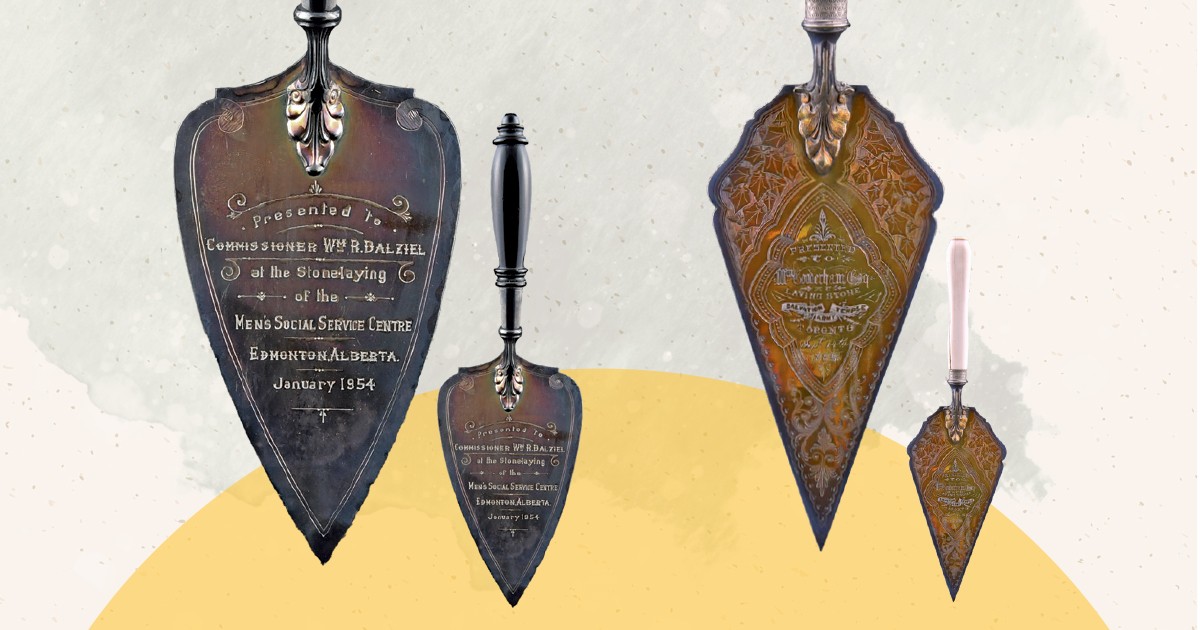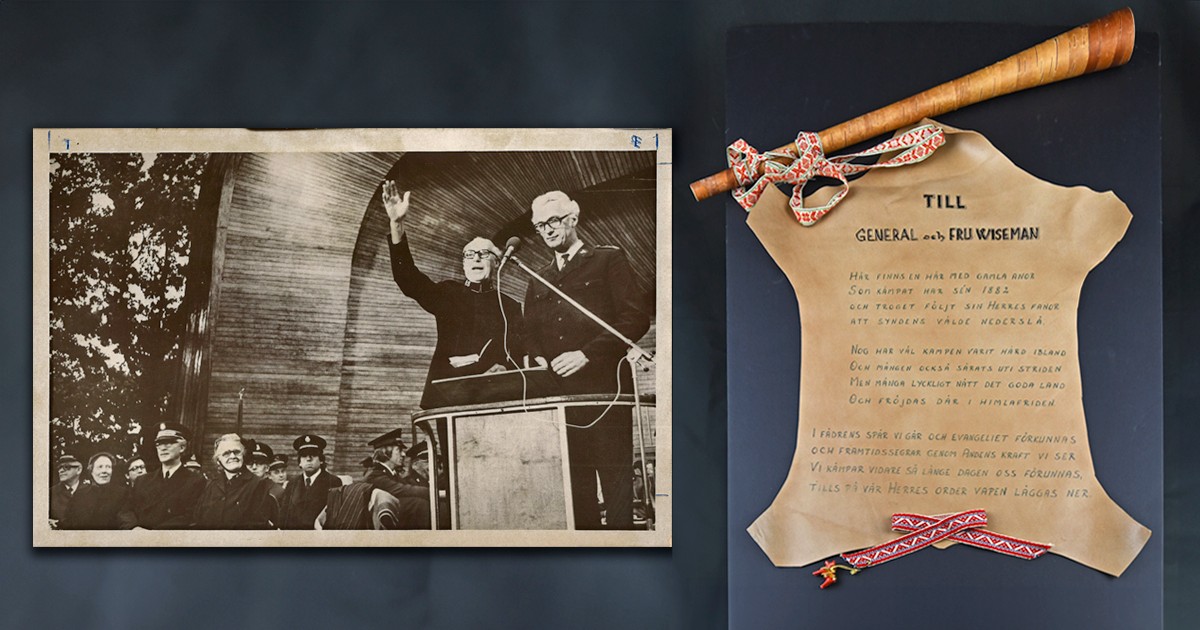Are people in your community socially isolated or lonely? In June, the Angus Reid Institute, in partnership with Cardus, a Canadian research and educational institution, released a new study called “A Portrait of Social Isolation and Loneliness in Canada Today.”
As I was reading this article on the GO train while commuting home from territorial headquarters, the man beside me said he was surprised by the title. We finished reading the report on my screen together—a fine example of the opposite of social isolation. We were both surprised by a number of the findings, and had a good conversation about our families and neighbourhoods.
The report carefully defines the terms social isolation and loneliness to make sure the differences in human experience are clearly understood. Loneliness was defined as the level of satisfaction with the interpersonal connections a person has, while social isolation was specifically related to the number of connections and the frequency of contact with other people.
The statistic that first jumped out at us and spurred our conversation was that 23 percent of the total population is both lonely and isolated. We noted sadly how high this percentage was and tried to come to terms with it. We discussed our experiences, our awareness of our neighbourhoods and families and why this might be the case.
Would you benefit from a conversation about loneliness and social isolation? The corps ministries department has planned a panel discussion, with an opportunity for questions, as a webinar, to be held on September 11, from 12-1:30 p.m. (EDT).
Three panelists have agreed to offer their reflections on this significant study: Milton Friesen (program director of social cities at Cardus), Dr. Mark Chapman (director of the doctor of ministry program at Tyndale University College and Seminary), and Major Lauren Effer (divisional director of women’s ministries, Quebec Division). After a discussion of the study’s findings and the implications for our mission to love our neighbours, there will be a question-and-answer period.
If you would like to attend, email Peter Thomas (peter_thomas@can.salvationarmy.org) to register. There is no cost for this webinar. Please join us for an important conversation.
James Watson is the corps health and planting consultant in the corps ministries department.
Photo: Jelena83/iStock via Getty Images










Leave a Comment